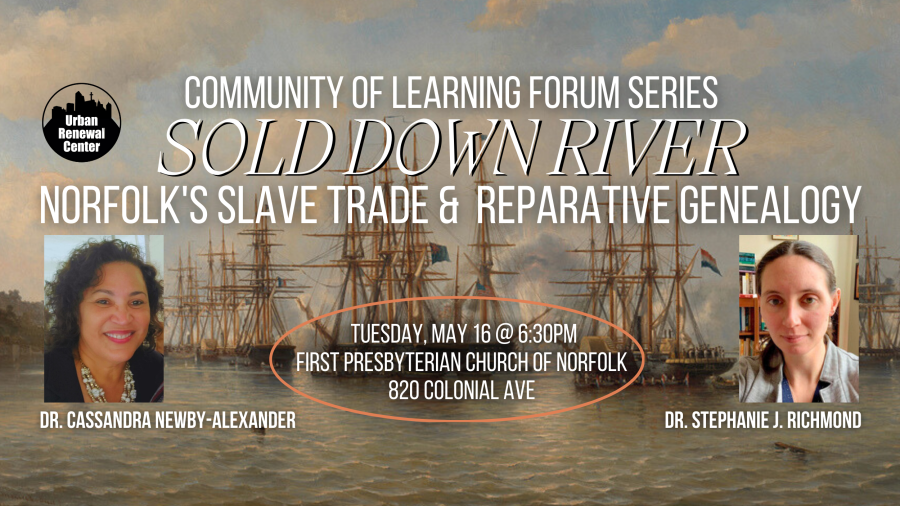NORFOLK, Va. (WAVY) – Beginning in the 1800s when the region had more slaves than it needed, the port of Norfolk, Virginia took the lead in legalized human trafficking.
According to Slover Library Special Collections Librarian Troy Valos, enterprising plantation owners and others decided to sell at least 20,000 slaves to the port of New Orleans where they would remain or be sold to other property owners in the South. Norfolk’s domestic slave trade would position the region for wealth that could become generational.
The thriving industry benefited the local newspaper, which ran slave ads – merchants who sold clothing for slaves – and two police officers who, for a price, would chase, jail and beat slaves.
“Sometimes with some of the jails with John Caphart, he would sell his services as one to do the punishments for the slaves,” Valos said. “He would actually sell his services to the be the punisher.”
The atrocities exposed by 10 On Your Side will be discussed in a symposium hosted by the Urban Renewal Center. Dr. Cassandra Newby-Alexander will address reparative genealogy.
“The erasure of people’s humanity, the erasure of their connections with other people, it’s about repairing the past repairing harm – at least to some degree – that was done,” Newby-Alexander said.
Digital historian Dr. Stephanie Richmond has the logs and ledgers that detail the hundreds of transports and transactions that sent slaves to the deep south.

“We don’t like to acknowledge the sheer amount of money that was spent and poured into Virginia by selling humans and that money did not go to the Black community in Virginia that went into the pockets of wealthy white slaveholders,” Richmond said. “So if we want to talk about reparations, how do we get some of that money back into the Black community to fund business opportunities and scholarships and all the kinds of things our communities need to grow and thrive and develop and make sure that we don’t repeat the cycles of racism and discrimination?”
Want to go?
The symposium takes place at 6:30 p.m. May 16 at First Presbyterian Church at 820 Colonial Ave. in Norfolk. It is free and open to the public. For more information call: 757-271-9237 or via email: info@theurcnorfolk.com.












